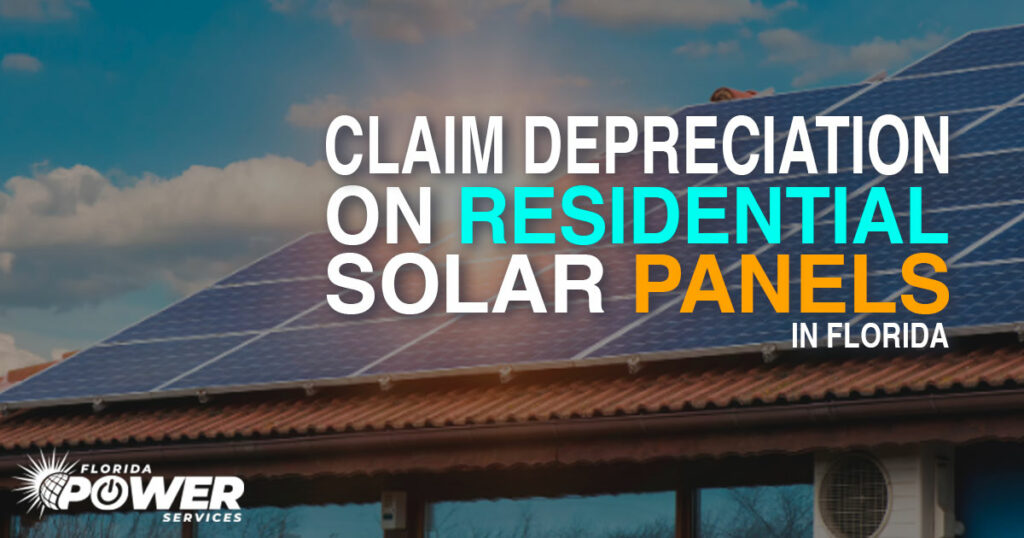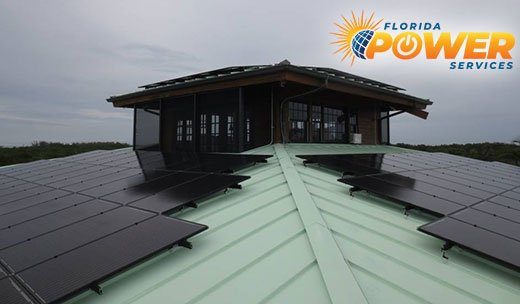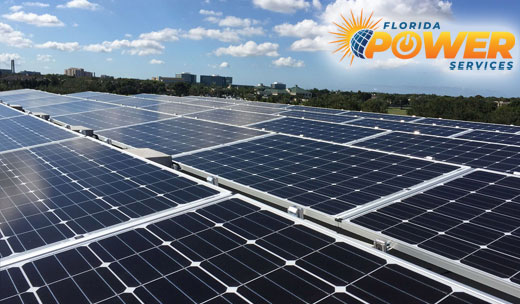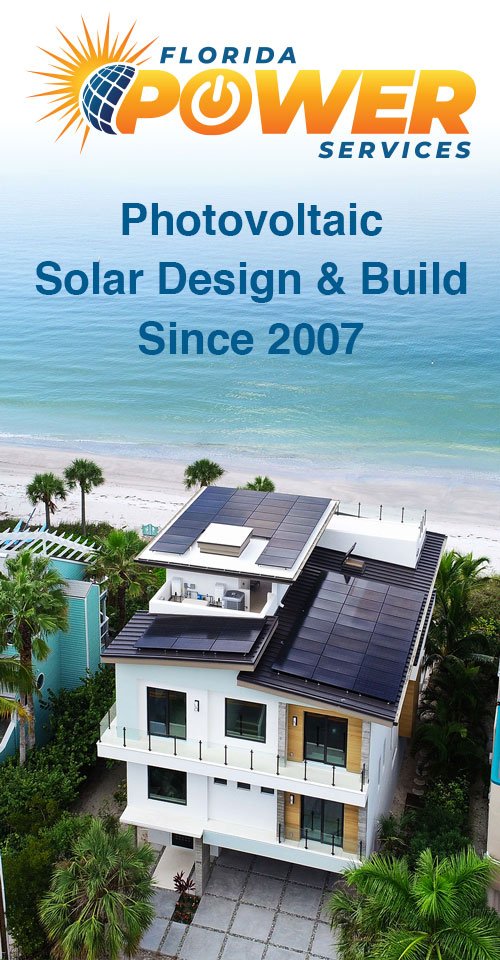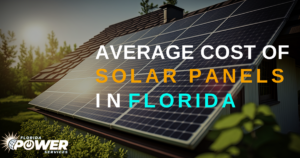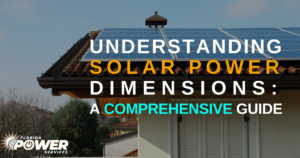Claiming depreciation on residential solar panels in Florida is a great way to make your solar investment even more affordable. Many people already know about the 40% Solar Tax Credits, but what about claiming depreciation on your solar panels?
Here’s an overview of claiming depreciation on solar panels in Florida works:
Florida Solar Panel Depreciation Opportunities
What Is Depreciation?
Depreciation is the process of spreading the cost of an asset over its lifetime for tax and accounting purposes. It indicates how much of an asset’s value has passed over time. Under U.S. tax law, you can take a deduction for the cost of an asset, reducing your taxable income. However, the IRS requires that you spread out the costs over time.Can I Claim Depreciation on Solar Panels in Florida?
There are various types of Federal tax incentives for solar equipment. As previously mentioned, the most common is the Federal Solar Tax Credit which sees you receive a reduction on your income tax bill (for the following year) at up to 40% of the value of your solar installation costs. Another one comes from the Tax Cut and Jobs Act of 2017:- This incentive allows residential solar owners to claim a 100% depreciation tax bonus on solar systems.
- You can essentially reduce your losses as your solar equipment depreciates over time.
- It can apply to:
- Solar PV Panels
- Solar inverters
- Solar racking
- Solar batteries
- Circuit breakers
- Surge arrestors
- Step-up transformers
- And more.
- It also applies to the installation costs and related expenses (if you can prove the link)
How Does Claiming Depreciation on Residential Solar Panels in Florida Work?
Simply put, it allows you to expense your system. You can take all of your expenses from year one for tax purposes. It allows you to reduce your net income significantly. You’re allowed to take a 100% year-one depreciation on the federal side. The Tax Credit amount affects the basis for depreciation. The IRS reduces the basis for depreciation by one-half of the federal tax credit amount.An Example of Solar Panel Depreciation:
Imagine you install a $100,000 solar power system on your home:- You must subtract whatever tax credit you received from the cost basis when depreciating your solar panels.
- You can depreciate the cost of your solar panels by half of the solar credit percentage applied (so if it was the standard 30% it would be 15%).
- Once applied, the cost of your solar system would be depreciated to $85,000.
- You can then claim the 100% bonus for the first year of the solar installation.
- Experts recommend using the MARCS model to calculate your depreciation value.
Can I Claim Depreciation for Solar Panels on Rental Property in Florida?
We recently saw a customer ask us, “We had solar panels installed on our primary residence a few years back – we used the Federal Solar Tax Credit to help. Then last year we moved out, converting the old property into a rental. Can I add the solar panels as an asset and depreciate them when calculating my deductions for the rental property? The answer is that yes, you can add solar panels as a Rental Asset to then depreciate them as a deduction. But you’ll need to subtract the amount of tax credit you received from the cost, when you added the asset to the rental section. Note that in most cases, converting personal property to a rental property will mean your standard homeowner’s insurance policy will no longer cover it. You will need to buy a different rental dwelling policy or convert an existing policy. Ensure that the solar panels are included in that new policy. If it’s not in writing, it’s not covered!What Federal Solar Tax Credits?
Federal Solar Tax Credits (ITC) are an incentive provided by the U.S. Government to allow solar installers to reduce their installation costs by a %.- The % of the cost is then deducted from your income tax bill for the following year (it can roll over).
- As of 2023, the Federal Solar Tax Credit is 30% of the value of your solar panel costs
How Do I Increase My Federal Tax Credit to 40%?
- Thanks to the Domestic Content Adder, you can increase your savings to 40%!
- This incentive allows new solar owners to gain an extra 10% of solar tax credit savings.
- The PV solar panel system must include:
- Domestically produced hardware, or;
- Imported products that meet the quality requirements.
- To qualify for the Domestic Content Adder, you must meet one of the two following requirements:
Option A) Domestically Produced Hardware;
- 100% iron and steel used must be manufactured in the United States.
- Manufactured goods must be initially 40% US manufactured, including:
- Solar Panels
- Inverters
- Electrical Gear
Option B) Imported Products
- Imported products can be used if U.S. products are not of satisfactory quality or not in stock, OR;
- Imported products can be used if the U.S. products would increase the project cost by more than 25%.

